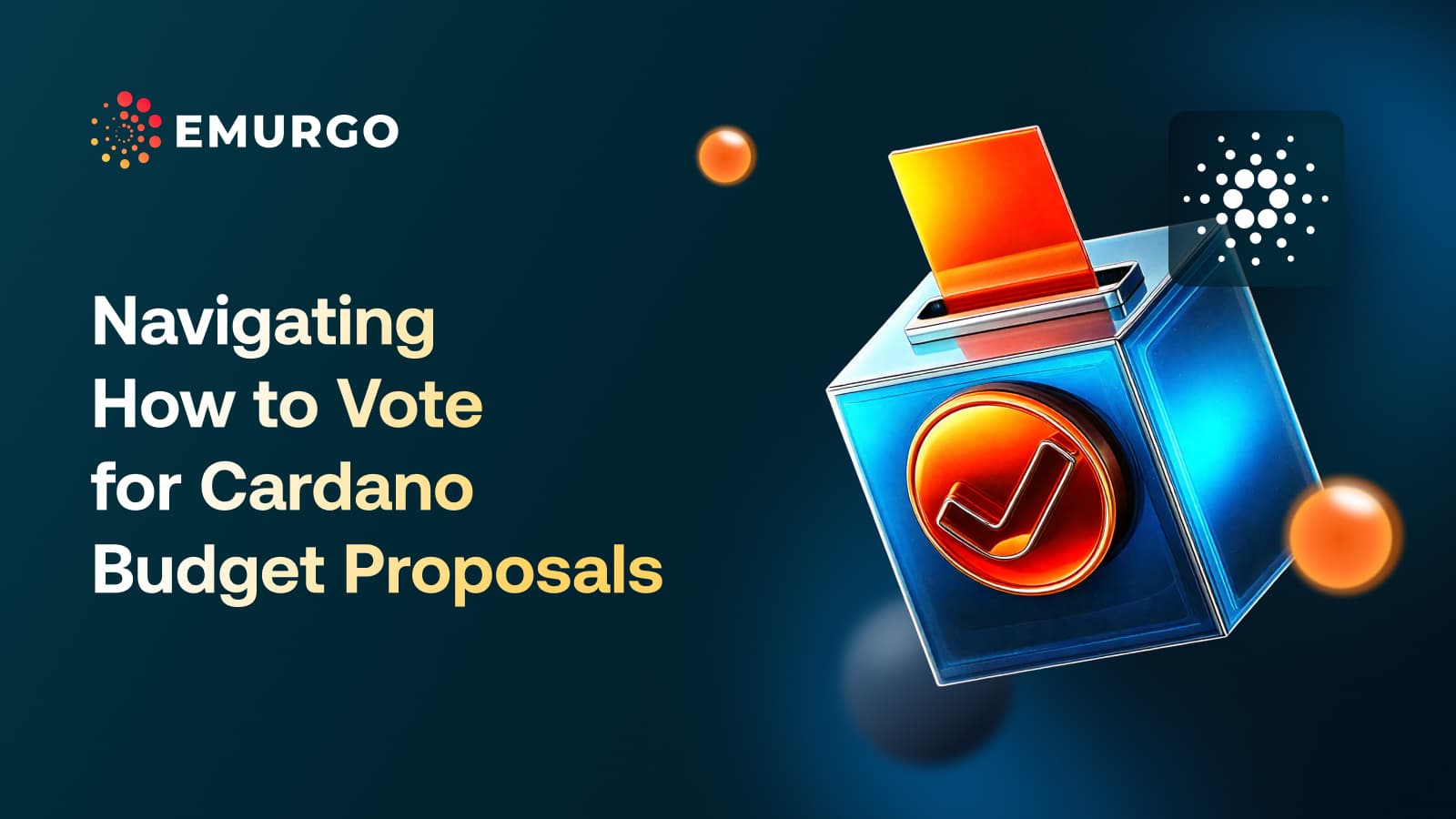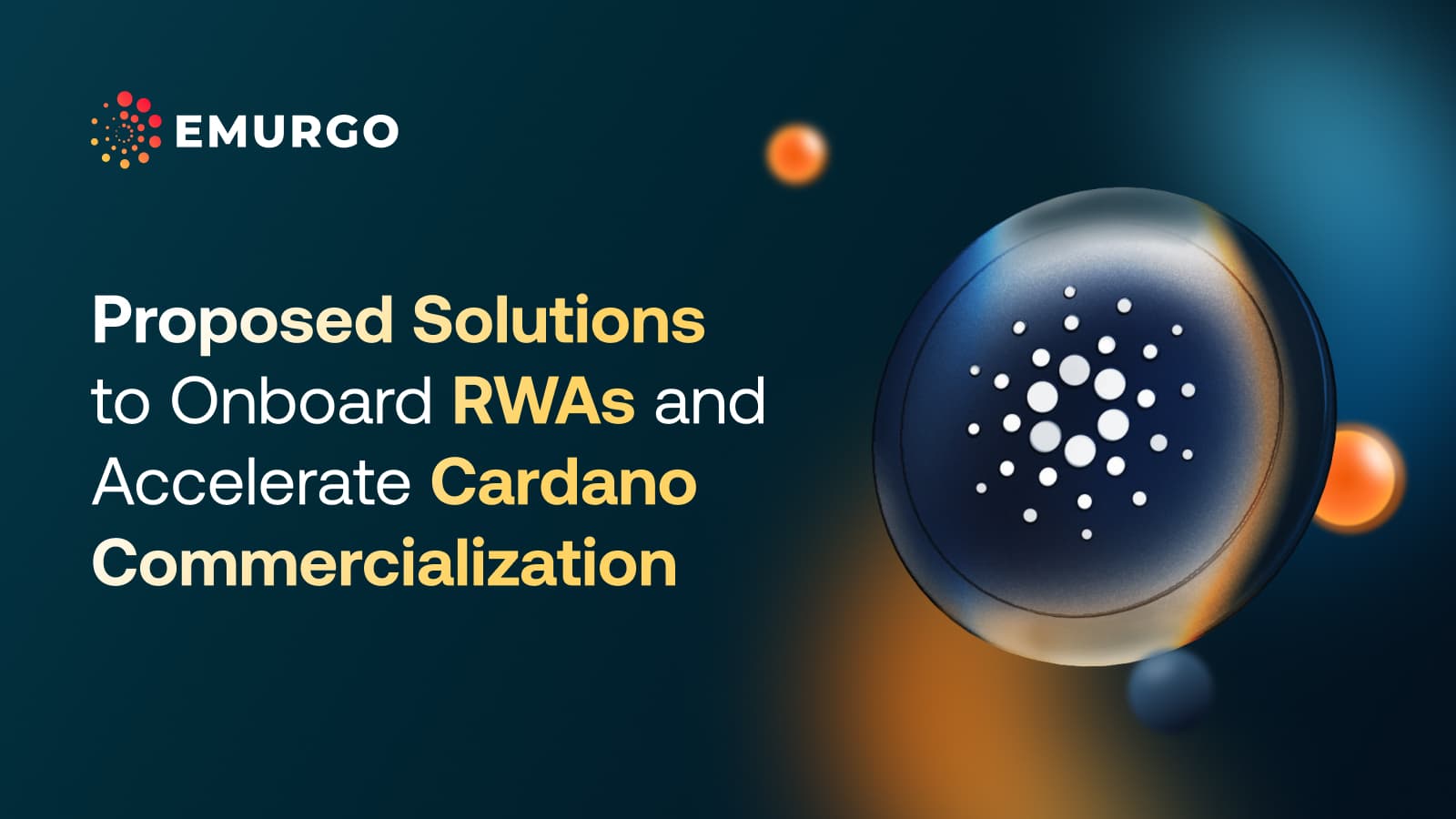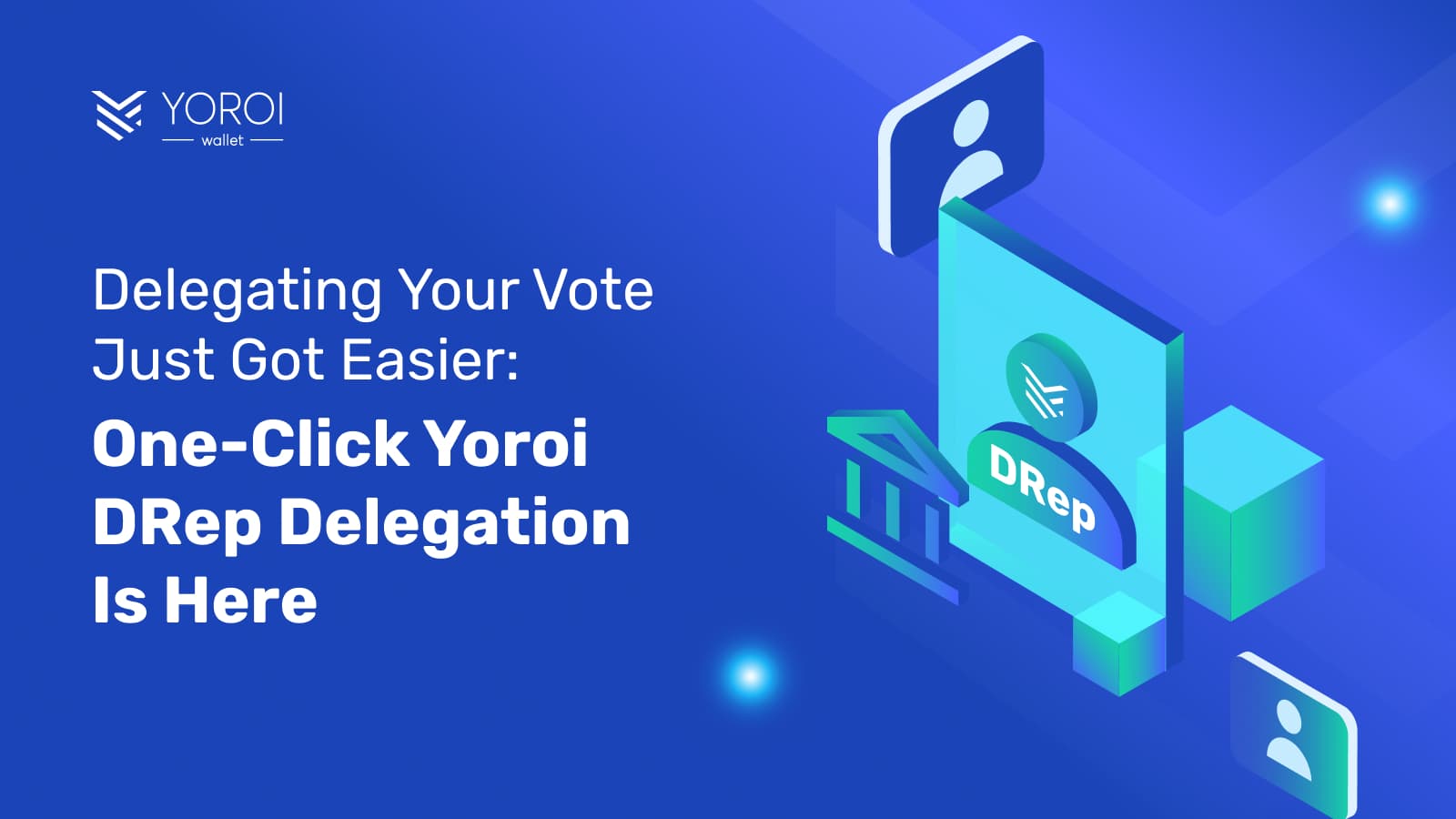While the history of esports dates back decades according to some studies, it started to become popular with the mainstream audience only a decade or so ago due to the proliferation of broadband access, game development, and streaming services which offered easy access for gamers and fans to play and watch.
The esports sector has grown considerably and keeps expanding as the world becomes more digital. For instance, the 2024 League of Legends World Championship, a multiplayer game tournament, was watched by nearly 7 million viewers from all over the world, making it one of the most-watched events.
Today, over 40,000 professional esports teams compete across many categories, demonstrating their immense popularity. As these esports events keep gaining popularity, the number is poised to keep growing and attracting more attention.
Surprisingly, despite its success, esports are having a difficult time attracting consistent revenue. Various teams are struggling to monetize their popularity as their followers are spread across many countries.
In this blog, let’s explore more how NFTs and blockchain technology could offer a business solution for esports teams.

Diversify Revenue Sources
Many esports teams have difficulty monetizing their fame. The sport is global, meaning that fans are located in many different countries.
For more traditional sports, teams can resort to conventional marketing and business strategies such as selling tickets and merchandise, etc., as the majority of their fan base is located within a certain geographical region. However, this does not work as easily for esports.
As esports is a lot more global with many teams still not having established supply chain partners, each team would have to deal with dozens of different jurisdictions and ship products to almost every continent, increasing costs significantly. It’s also harder to gain revenue from selling “tickets” to individual gaming matches.
The legal regulations and logistics make it too complex to do in practice.
This is where NFTs offer a solution to these various problems.
NFTs offer a new way to create fully digital fan collectibles from different sporting brands. They eliminate the need to deal with the logistics and costs of shipping physical goods. They can also be used to organize giveaways, where the prize is given to an NFT holder. Finally, they can provide long-term revenue by sending a percentage of the resell value to the original creator.
Also, NFTs are already integrated into a real-time, secure payment system – a blockchain network – so there is no need to deal with other payment processors. Fans would just need to set up their digital token wallet and cryptocurrencies to buy the NFT collectible from an esports team.
Related reading:
- 5 NFT use cases for businesses beyond art
- How NFTs add unique value for businesses
- 10 most commonly asked questions about Cardano NFTs
Help Esports Teams and Players Increase Reach
Fans always build affinity with particular athletes. Even in team sports, people have their favorite personalities. In traditional sports, these teams or individuals can sell merchandise directly to these fans, as sports teams are generally local. In esports, this is not necessarily the case as some regions don’t have any local teams. Reaching a more global audience is difficult without the proper financial and administrative resources.
However, NFTs are digital and can be distributed globally in an instant. They can promote a specific team or esports player. By using NFTs, these teams and athletes can directly reach their supporters wherever they are located and build their profile, helping to promote their brands.
Teams and players can also create marketing campaigns to drive awareness and demand for paid products and services by distributing NFTs to their fan base. These NFTs can then be redeemed for in-demand products and services that fans can receive a discount on or be stored as a collectible. This could cost less than a traditional marketing ad campaign.
Fans also can use a blockchain network to track their support. They can verify their purchases have gone directly to the team or player they wanted to support, and not to some third party. This greater level of transparency helps the industry and its stakeholders.
Onboard New Fans
Another challenge teams have is growing their fan base. With esports teams being global, they have to build interest in the international arena. This is difficult for newer teams that don’t have the track record more established ones have.
Thus, some teams have experimented with doing free NFT drops to market themselves. This allows them to reach new audiences and provide them with a digital asset that can generate interest in the team. These sorts of promotions are also more affordable and easier to deploy than traditional marketing campaigns.
NFTs can also help to bolster identification with the team by providing proof a person is a member of the team’s community. They can enable other promotions, like sending free or discounted merchandise, travel tickets to matches, or even chances to meet certain esports players to NFT holders.
NMKR and Esports
NMKR is an NFT and tokenization service built on the Cardano blockchain. They have also been looking further into the expanding esports market to create a new NFT platform that solves the lack of transparency and coordination in managing player transfers and contracts in today’s existing esports infrastructure.
To do this, their idea is to partner and develop a decentralized transfer marketplace leveraging blockchain for esports players, focusing on efficient and transparent player transfers in partnership with BIG – an established, professional esports team and organization.
The decentralized esports marketplace would include:
Player Profiles:
- Detailed Information: Include performance statistics, gameplay history, achievements, and other relevant data.
- Decentralized Identifiers (DIDs): Ensure secure and verifiable digital identities for players.
- Showcase Skills: Allow players to highlight their skills and accomplishments to attract teams.
Team Profiles:
- Comprehensive Team Data: Provide information about team history, achievements, current roster, and management.
- Team Needs: Highlight the specific positions or skills teams are looking for in players.
- Reputation System: Include ratings and reviews from past player transfers and collaborations.
Search and Offer Platform:
- Advanced Search: Enable teams to search for players using filters such as skill level, game specialization, availability, and more.
- Direct Offers: Allow teams to send offers directly to players or their current teams.
- Negotiation Tools: Provide secure communication channels for discussing and negotiating terms.
Follow EMURGO on X and LinkedIn for more on NFT use cases
Interested in receiving more information on business use cases for NFTs, such as real-world asset tokenization and gaming?
Then, follow EMURGO on X and LinkedIn.
About EMURGO
- Official Homepage: emurgo.io
- X (Global): @EMURGO_io
- YouTube: EMURGO channel
- LinkedIn: @EMURGO_io
Disclaimer
You should not construe any such information or other material as legal, tax, investment, financial, or other advice. Nothing contained herein shall constitute a solicitation, recommendation, endorsement, or offer by EMURGO to invest.



